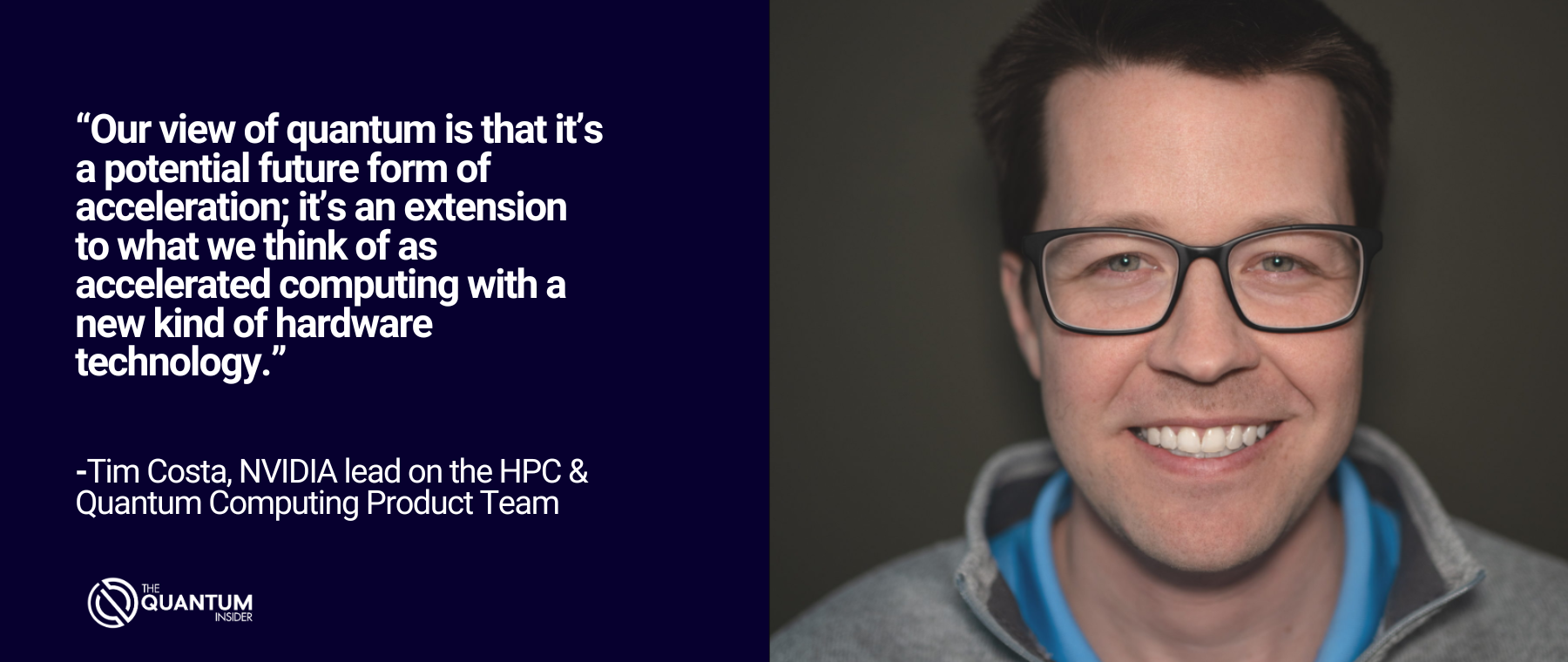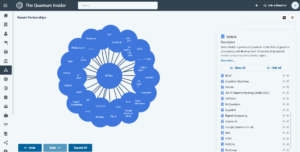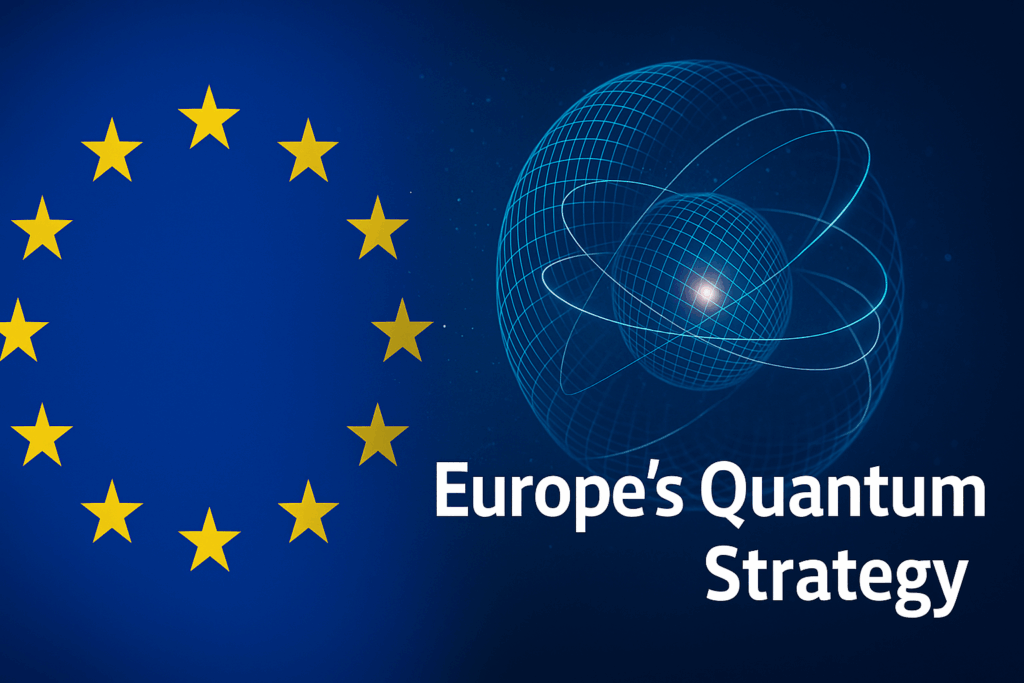NVIDIA, a pioneer and a leader in artificial intelligence (AI), is also making important strides in the realm of quantum computing. The company’s approach, spearheaded by Tim Costa, who leads the High-Performance Computing (HPC) & Quantum Computing Product Team, is to blend its expertise in GPUs and AI with quantum computing advancements. This fusion aims to unlock new computational possibilities and cater to the rapidly evolving needs of various industries.
In a recent interview with Alex Challans and James Dargan of Resonance (owner of The Quantum Insider, Metaverse Insider and AI Insider, amongst other intelligence platforms) , Costa shared insights into NVIDIA’s journey and vision in quantum computing. Costa brought attention to the fact NVIDIA doesn’t just see itself as a traditional chip manufacturer in the quantum space.
“We aren’t just a chip manufacturer,” said Costa. “Although the chips that we build are very relevant, that’s pretty far away from what the quantum team is up to. […] Our view of quantum is that it’s a potential future form of acceleration; it’s an extension to what we think of as accelerated computing with a new kind of hardware technology.”
Costa highlighted NVIDIA’s role in the quantum computing ecosystem, noting their initial focus on simulating quantum algorithms and computers. This effort led to the development of cuQuantum, an SDK of optimized libraries and tools for accelerating quantum computing workflows, launched about three years ago. NVIDIA aims to bridge the gap between the needs of the quantum computing research community and today’s technology.

One critical aspect of NVIDIA’s strategy is the development of CUDA Quantum, a platform designed to integrate the acceleration of quantum computing into scientific workflows. This open-source platform, supporting contributions and building on top of CUDA Quantum, has garnered support from a suite of leading quantum hardware builders.
A selection of NVIDIA partnerships from The Quantum Insider’s Intelligence Platform
Costa also touched upon the necessity of collaborations within the quantum computing industry. He mentioned NVIDIA’s approach to partnership, which is inclusive and driven by the interests and needs of their collaborators. Whether it’s framework developers, software ISPs, or quantum hardware builders, NVIDIA’s focus is on enhancing their partners’ capabilities.
Costa identified chemistry as a leading area, with significant applications in battery development, materials science, and drug discovery.
“I don’t think it’ll be surprising to you at all, but probably the leading area is looking at the applications of chemistry,” said Costa. “So, what are the exciting applications of chemistry? Well, batteries and materials, drug discovery. We have many, many partnerships at the algorithm and application level and with groups that are looking at those kinds of applications.”
NVIDIA also has significant involvement in financial services, where it supports customers focusing on portfolio optimization, fraud detection and risk mitigation. Costa referenced partnerships in these areas, including a notable mention of HSBC and Sandbox CEOs discussing the synergy of quantum computing and AI in finance at the World Economic Forum. Costa acknowledged that while the majority of efforts are concentrated in chemistry, vital advancements and collaborations are also thriving in various other sectors, including finance.
Looking ahead, Costa identified two key areas for NVIDIA’s focus: the development of hybrid applications that leverage CPUs, GPUs, and quantum algorithms, and the application of AI in running quantum systems. These areas are crucial for the future of fault-tolerant quantum computing and overcoming challenges like error correction and system calibration.
While quantum computing presents numerous challenges, NVIDIA’s approach — integrating it with AI and existing computational technologies — positions the company at the forefront of this exciting field. Costa believes the success of quantum computing will likely depend on its integration with other technologies like AI, making it a critical part of a larger, heterogeneous computational ecosystem.
If you found this article to be informative, you can explore more current quantum news here, exclusives, interviews, and podcasts.















